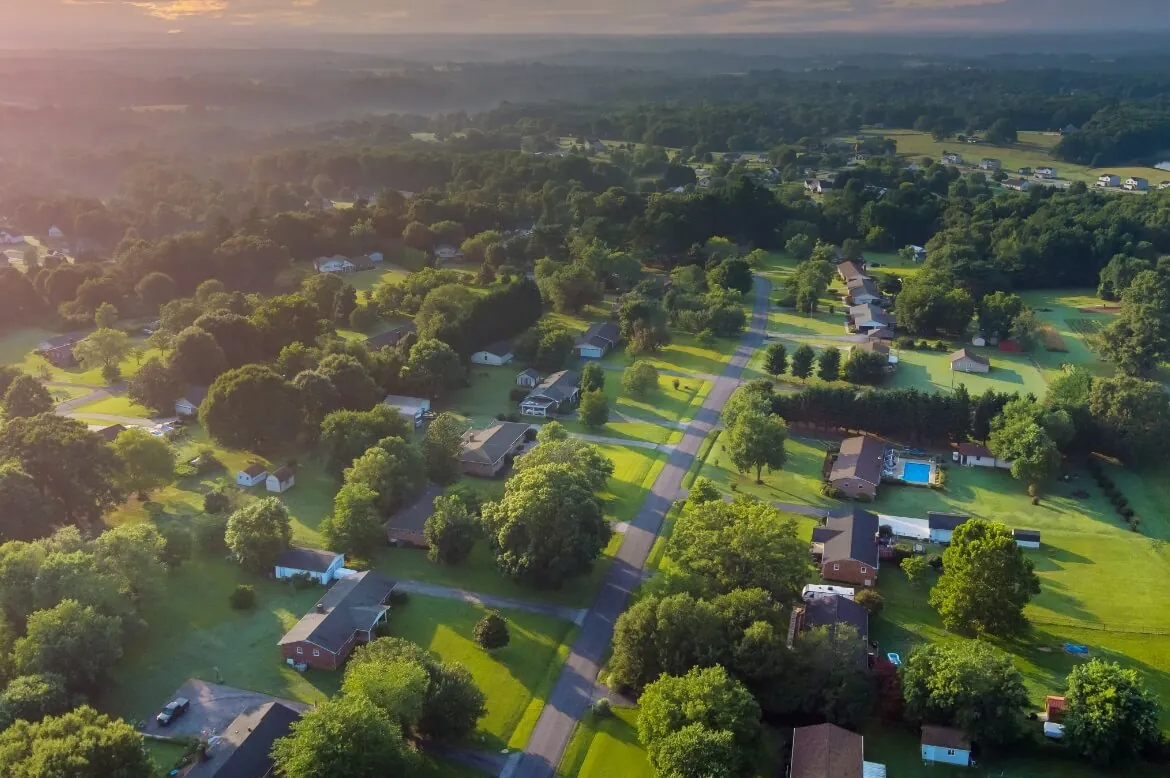Reading Time: 5 minutes
When the government tells you it needs your property, the experience can feel disorienting. Whether it’s for a highway expansion, a utility project, or flood control, the process begins long before the first letter arrives. If you’re a Florida property owner facing the threat of eminent domain, understanding your rights isn’t just helpful, it’s critical. This article walks you through what eminent domain means, how it works in Florida, and the legal protections that stand between you and an undervalued government offer.
What Is Eminent Domain?
Eminent domain is the legal power of the government to take private property for a public purpose. In Florida, this power is limited by both the state and federal constitutions. Florida’s Constitution, Article X, Section 6 states:
“No private property shall be taken except for a public purpose and with full compensation therefore paid to each owner or secured by deposit in the registry of the court and available to the owner.”
This “full compensation” standard is significantly more protective than the federal Fifth Amendment, which only requires “just compensation.” Florida courts have interpreted this to mean not only the value of the land, but also attorney’s fees, expert costs, and damages to any remaining property. See Brigham v. Dade County, 47 So. 2d 602 (1950).
Common Government Projects That Trigger Takings
Florida property owners most often encounter eminent domain through large public infrastructure projects such as:
- Road widenings
- Bridge replacements
- School construction
- Utility corridors
- Flood mitigation projects
- Airport or rail expansions
The condemning authority might be a state agency, a county, a city, or a private utility company exercising delegated powers under Florida Statutes Chapter 73 or Chapter 74.
Two Legal Paths: Chapter 73 vs. Chapter 74
Florida statutes establish two primary procedures for condemnation actions.
Chapter 73: Traditional Judicial Condemnation
This is the full court-supervised process. Before filing, the government must:
- Attempt good faith negotiations
- Provide a written offer and summary of its appraisal
- File a formal petition in circuit court
The property owner is entitled to challenge the taking and request a jury trial to determine the proper compensation.
Chapter 74: Quick Take Authority
Under Chapter 74, government agencies can take immediate possession of property before the final compensation amount is determined. This method is used when project urgency outweighs the need to wait for final judgment. The process requires:
- A Declaration of Taking
- A good faith deposit of estimated compensation
- Court authorization
While this allows the government to begin work, the owner still retains the right to pursue full compensation in court.
What Full Compensation Really Includes
Florida’s definition of “full compensation” is governed by § 73.071, and includes more than just the appraised value of the land taken. A qualifying property owner may be entitled to:
- The fair market value of the property
- Severance damages for loss of value to the remaining land
- Compensation for improvements (buildings, landscaping, fixtures)
- Business damages (if requirements are met under § 73.071(3)(b)
- Attorney’s fees, appraisal costs, and expert witness fees
This robust standard ensures that the property owner is not left worse off after the taking.
Do You Have to Accept the Government’s Offer?
Absolutely not. The government’s initial offer is just a starting point—and often based on limited internal valuations. Property owners are not required to accept it and are fully entitled to:
- Retain legal counsel (whose fees are paid if the final award exceeds the offer)
- Obtain independent appraisals
- Present evidence of severance damages or business losses
- Request a jury trial on valuation
The Florida Legislature intentionally structured the statutes to prevent power imbalances and ensure owners have access to a full remedy.
Conclusion
Florida law offers stronger protections than many property owners realize. Between heightened constitutional guarantees and statutes requiring full compensation, the legal system is designed to protect against undervalued takings. But protection is not automatic. If you’re facing the loss of private property due to a public project, asserting your rights early and strategically can make a substantial difference in the outcome.
Disclaimer: This article is for informational purposes only and does not constitute legal advice. Reading this article does not create an attorney-client relationship. Past results do not guarantee future outcomes.
